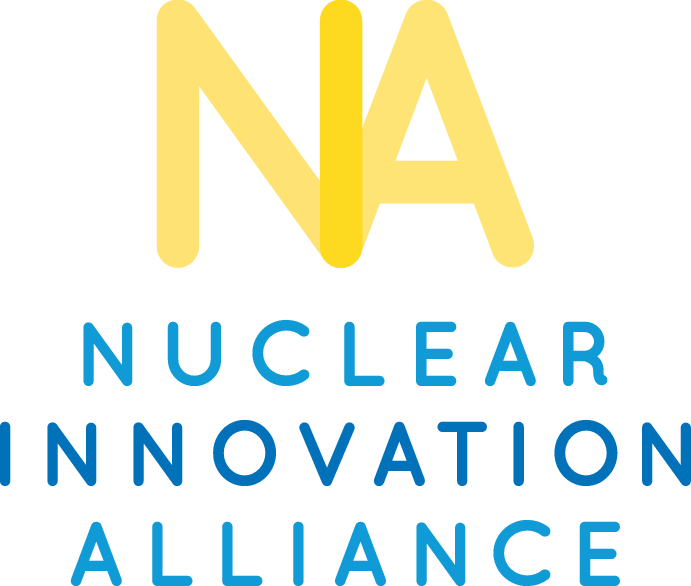
WASHINGTON, D.C. NIA Executive Director Judi Greenwald provided the following statement on the Department of Energy’s release of their report, Investigating Benefits and Challenges of Converting Retiring Coal Plants into Nuclear Plants
“Many communities across the United States and around the globe rely heavily on aging coal facilities and are looking at options to develop or buy clean energy to meet their future energy needs. Swapping out retiring coal-fired power plants with advanced nuclear reactors reduces carbon emissions, improves air quality, and provides economic benefits to communities. It also minimizes siting challenges, reduces or eliminates community and economic impacts due to asset retirement while producing clean and reliable energy.” The DOE’s report and the case studies conducted found that:
- 80% of retired and operating coal power plant sites could host an advanced nuclear reactor.
- Reusing infrastructure at a coal facility could reduce nuclear overnight capital costs by 15-35% compared to a greenfield construction project.
- A case study team found that replacing coal capacity with 924 MWe of nuclear capacity could increase regional economic activity by as much as $275 million and add 650 new permanent jobs to the region of analysis.
“Fully decarbonizing the U.S. power grid and producing zero-carbon fuels will require hundreds of GWs in new zero-carbon “always available” energy. Repowering coal plants with advanced nuclear energy advances decarbonization while taking advantage of a local workforce with experience running energy facilities. This is why communities like Kemmerer, Wyoming are repurposing a retired coal facility with a sodium-fast reactor.”
“While more granular analysis is needed, the overall potential of a coal-to-nuclear transition is vast. We hope to see many of these projects move forward in the years ahead where they make sense and will benefit communities and the electric grid.”
About NIA
The Nuclear Innovation Alliance (NIA) is a non-profit think-and-do-tank working to enable nuclear power as a global solution to mitigate climate change. Through policy analysis, research, and education, we are catalyzing the next era of nuclear energy. Our organization is funded primarily through charitable grants and philanthropic donations from climate-concerned individuals and organizations.